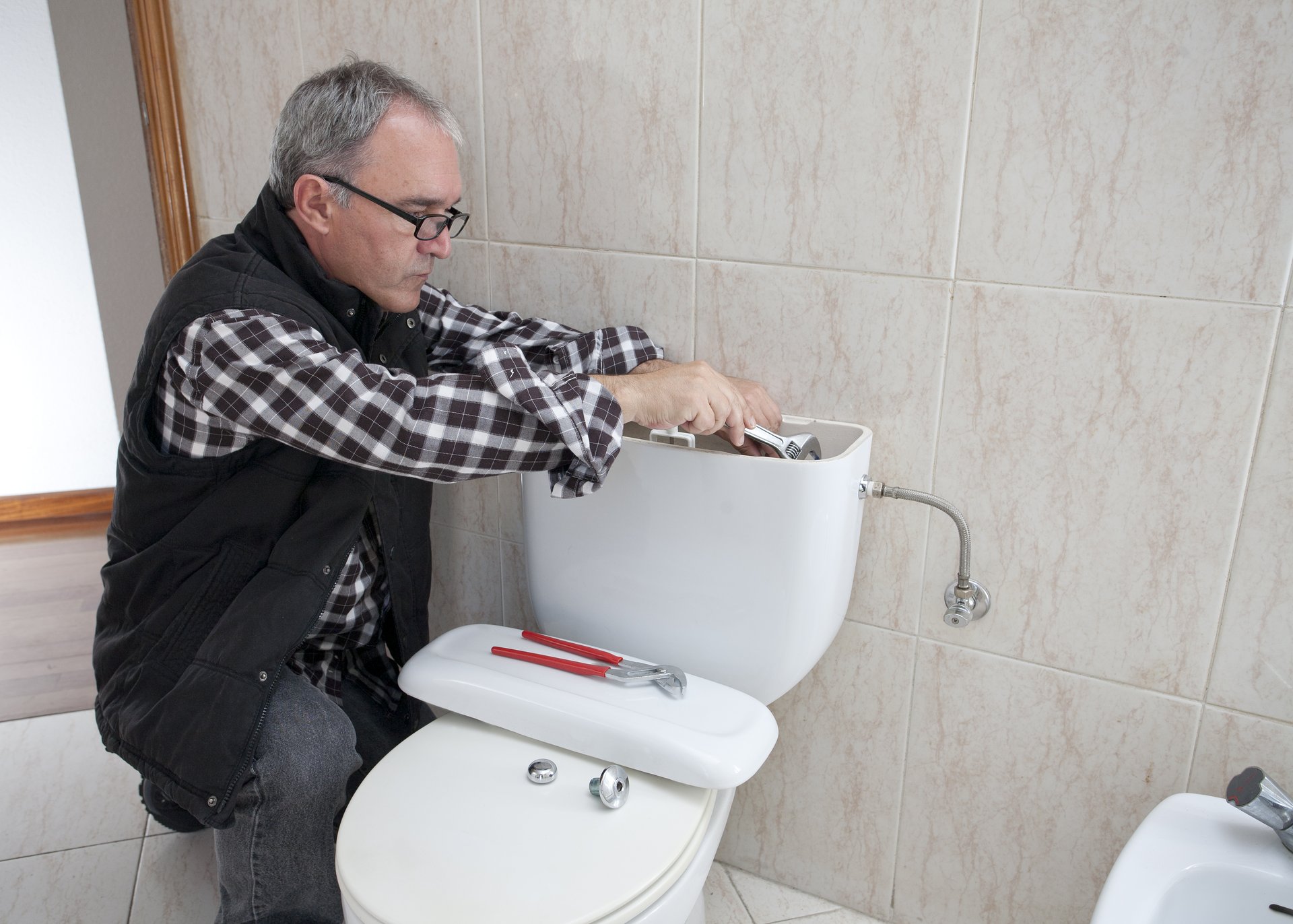
You may temporarily get away with treating your toilet like a garbage can, but sooner or later you’ll end up with an expensive plumbing bill.
Toilets were designed to do only one thing: Dispose of human waste and toilet paper.
Even so, many people are tempted to use them to get rid of various things. Clogged toilets are caused by everything from discarded food to cat litter.
In addition to damaging your plumbing, some items also can harm the environment if they find their way into the ecosystem.
Following are things you should never flush down your toilet.
1. Tampons and sanitary napkins
The cotton used in tampons and sanitary napkins wasn’t meant to be flushed down toilets, says Glenn Gallas, the vice president of operations at Mr. Rooter Plumbing.
“The cotton in these items can easily snag and grab on just about anything,” he tells Money Talks News.
In addition to harming your own plumbing, such products can clog up the waste disposal system down the line, he notes. Cotton then must be removed from the waste stream by workers and sent to landfills.
Tampon maker Tampax notes that while its products biodegrade in landfills, flushing tampons is not the way to dispose of them. It’s better for the environment and your plumbing to put them in the trash.
2. Cooking oil and grease
Alex Berezow, senior editor at Big Think and a longtime science writer, explains to Money Talks News:
“Cooking oil absolutely clogs pipes because it solidifies as it cools.”
3. Cat litter
Cat litter contains more than your cat’s waste, says Gallas.
“It also has clay and sand, which are extremely troublesome,” he says.
Cat litter is designed to absorb moisture and create clumps, which can turn into large clogs once they enter your pipes. The only safe place to dispose of cat litter is the trash.
Cat litter can create clogs even it is labeled as flushable, reports The New York Times.
4. Medicines
Wastewater treatment plants aren’t designed to filter out medicines. So, drugs that are flushed down toilets eventually may enter rivers, streams and lakes, reports The New York Times.
Gallas says:
“While prescription medication, over the counter medication, and other substances don’t necessarily mess up your pipes, the ingredients in pharmaceuticals can pose dangers to your water supply. Instead, dispose of medications responsibly, through your local pharmacy or medication disposal program.”
5. Wet wipes
Wet wipes have created clogs in aging sewage systems in some U.S. cities, Gallas says. That’s because they don’t disintegrate as quickly as toilet paper.
And in the age of COVID-19 precautions, it’s important to note that you also should not flush disinfectant wipes.
6. Contact lenses
Many contact lenses are disposable. But if you flush them down the toilet, they won’t biodegrade easily, The New York Times reports. Some may end up polluting waterways.





Add a Comment
Our Policy: We welcome relevant and respectful comments in order to foster healthy and informative discussions. All other comments may be removed. Comments with links are automatically held for moderation.